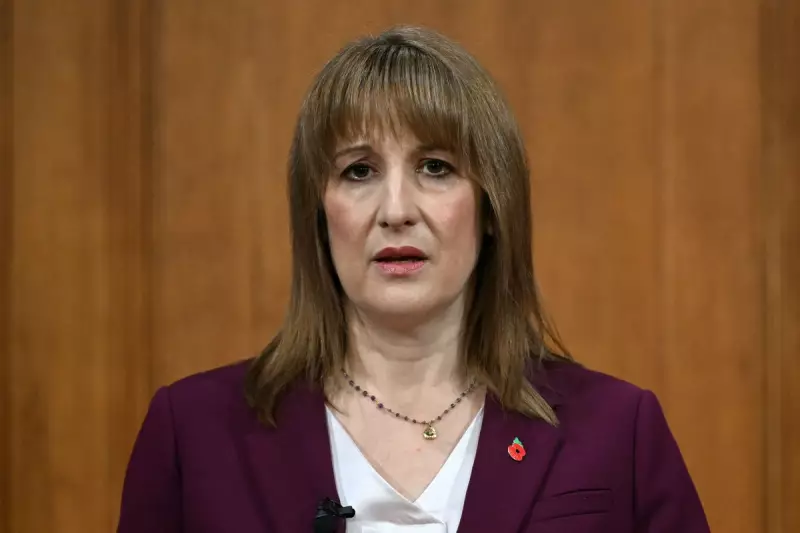
In a significant pre-budget announcement, Shadow Chancellor Rachel Reeves has firmly closed the door on substantial tax increases under a potential Labour government. The declaration comes as a strategic move to position Labour as the party of economic stability and fiscal responsibility.
Clear Red Lines on Taxation
Reeves explicitly stated that next year's budget would not include major tax rises, drawing a clear distinction between Labour's approach and what she described as the Conservatives' "unfunded tax cuts". This commitment extends to key areas including income tax, National Insurance, and VAT, providing certainty to both businesses and households.
Fiscal Responsibility as Core Principle
The Shadow Chancellor emphasised that economic stability remains Labour's overriding priority. Rather than relying on tax increases to fund public services, Reeves outlined an alternative approach focused on sustainable economic growth and responsible fiscal management.
Countering Conservative Proposals
This announcement strategically positions Labour against Chancellor Jeremy Hunt's anticipated tax reduction plans in the Autumn Statement. Reeves criticised the government's approach as "short-term thinking" that could jeopardise long-term economic stability and public finances.
Building Economic Credibility
By ruling out significant tax rises, Labour aims to reinforce its credentials as a fiscally responsible alternative to the current government. The move appears designed to reassure markets and voters alike that a Labour administration would maintain economic discipline while pursuing its policy objectives.
Looking Ahead
With the next general election approaching, this tax pledge forms a crucial part of Labour's economic narrative. The party seeks to convince the electorate that it can deliver both economic competence and improved public services without resorting to the tax increases that have traditionally concerned moderate voters.






